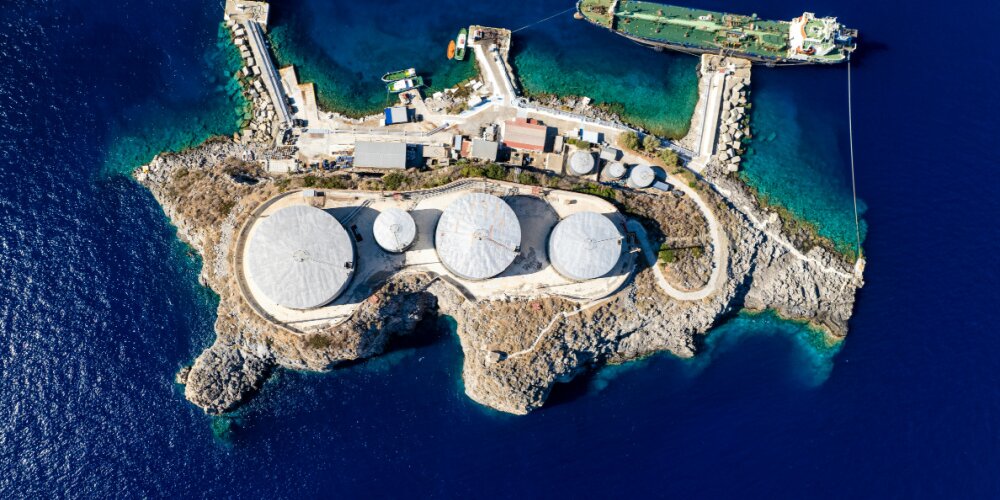Browse our services
Explore how Brookes Bell can help you
Find an expert
Meet our team, find and expert and connect
Contact us
Get in touch, we're here to help

Peruse any maritime news website, and you’re bound to encounter myriad articles about methanol being a future fuel for the maritime industry. However, according to new research, just 10 sites worldwide currently have methanol bunkering facilities.
In a case of reality failing to match the rhetoric, Clarksons Research has revealed that in addition to the 10 sites offering methanol bunkering, only an additional 11 are under development.
Nevertheless, despite the apparent lack of bunkering infrastructure, Clarksons’ Green Technology Tracker has revealed that last year saw orders for dual-fuel methanol powered ships hitting 200. As a percentage of the global order book for 2023, these vessels represented 8.3% (gross tonnage).
Beyond dual-fuel methanol powered vessels, Clarksons also recorded 539 newbuild orders involving alternative fuel capable vessels.
As per Steve Gordon, global head of Clarksons Research:
“2023 was a hugely significant year in the shipping industry’s decarbonisation pathway, with new regulation entering into force and a net-zero commitment agreed at IMO. And while we remain only at the start of a vital and unprecedented fleet renewal investment program, a start has been made with 49% of current order book tonnage now alternative fuelled”.
The research highlights both the ageing nature of the current global fleet, and the progress that other alternative fuels have made regarding infrastructure build out.
In terms of fleet age, Clarksons has found that the average age of the fleet is 12.6 years (on a gross tonnage weighted basis) - an increase of 2.9 years, from 2013’s average age of 9.7.
Furthermore, Clarksons estimates that under the IMO’s Carbon Intensity Calculator (CII), approximately 45% of today’s tanker, bulk carrier and container fleets would be D or E rated if they were to be still in operation in 2026. The CII ratings are based on how efficiently a ship transports cargoes or passengers based on CO2 emitted per cargo-carrying capacity and nautical mile.
Under the terms of the IMO’s CII, vessels that receive a D rating for three consecutive years, an E rating for a single year, must undertake corrective actions to limit their emissions.
With this prospect looming large, it’s clear that the industry will have to take significant action on the legacy fleet (and/or accelerate carbon-friendly new builds).
In terms of the progress of other alternative fuels, LNG comes out ahead in terms of infrastructure build out, with 188 sites worldwide offering LNG bunkering, with another 82 sites under development.
The global shipping industry depends on quality fuels to keep it moving. However, all too often, these fuels (whether traditional or otherwise) can be subject to quality issues, leading to engine and machinery failure or worse.
If you’re dealing with issues such as these, then contact Brookes Bell today. Our fuel team - in conjunction with our specialist laboratory - is able to investigate a wide range of fuel-related issues.
For more maritime industry insights, news and information, read the Brookes Bell News and Knowledge Hub…
Maersk to Pioneer First Container Vessel Conversion to Dual-Fuel Methanol Engine | Design for World-First Methanol-Powered Leisure Vessel Completed | Lack of Shipyard Capacity Could Impact Decarbonisation Retrofits